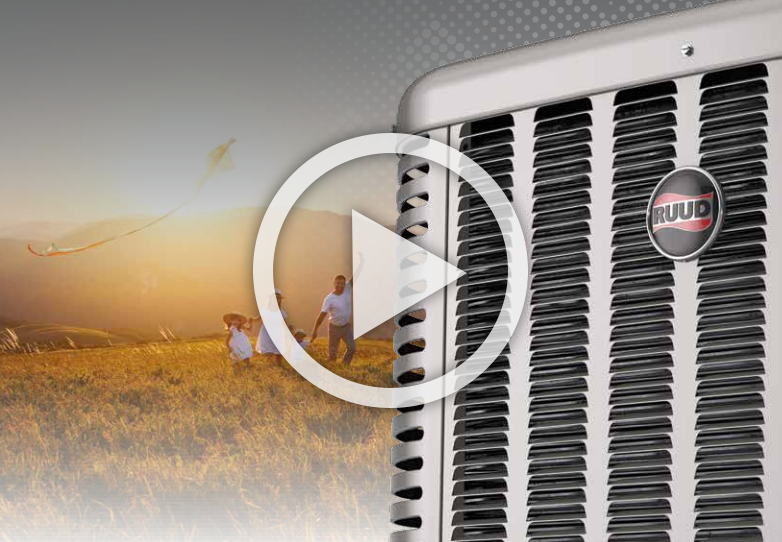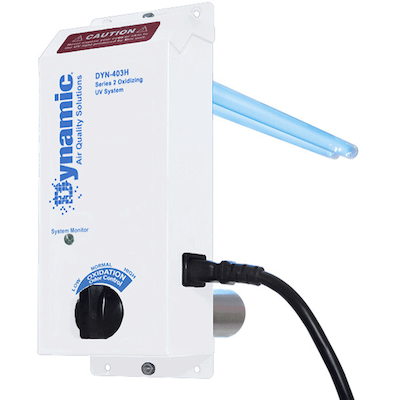Updated January 18, 2024

What Makes a Difference in Your System
When it comes to choosing an HVAC system, you might find yourself wondering, “Does my HVAC brand matter?” The market is filled with many brands and options in today’s air conditioning and furnace manufacturing world. However, it’s essential to understand that many HVAC units share similar components despite the numerous brand names and undergo rigorous testing. So, what truly sets one brand apart from another? In this article, we’ll explore the factors that matter when choosing an HVAC system and why, ultimately, it’s the dealer that makes the difference.
Brand Consolidation and the Copycat Mentality:
In the HVAC industry, consolidation among manufacturers has led to a copycat mentality, much like what we see in the car industry. For instance, Ford’s subsidiary, Lincoln, might seem distinct, but you’ll often find Ford Engineering beneath the hood. Similarly, in HVAC, six primary equipment manufacturers in the U.S. operate under over 150 brand names. Let’s take a look at some of these brands:
- Ruud and Rheem
- Trane and American Standard
- Carrier, Payne, Bryant, and Tempstar
- Lennox, Armstrong, and Concord
- York, Lux, and Coleman
- Goodman and Amana
These brands often share the same manufacturing lines, differing primarily in paint, labels, and marketing.
Testing and Technology:
Advancements in technology and testing machinery have enabled HVAC manufacturers to subject their products to rigorous testing during the manufacturing process. Custom weather labs simulate extreme conditions to determine which elements may fail under specific circumstances. Given this rigorous testing, most brands have similar components and technology.
Quality Indicators:
If most HVAC brands share similar parts and technology, you might wonder how to differentiate them. One significant indicator of unit quality is the hail guard design. Builder-grade units tend to have open or visible hail guards, which can lead to decreased efficiency as the unit gets dirty. Conversely, higher-end units feature closed-hail guard designs, making annual maintenance crucial, as dirt buildup is less visible.
Warranty Coverage:
Warranty coverage varies as you move up or down in brand quality. Entry-level brands may offer parts-only warranties, while higher-end units often come with parts, labor, and even lifetime unit replacement warranties. Before deciding, clarify the warranty coverage to ensure you get the protection you need.
The Role of the Dealer:
At Golden Rule, we’ve partnered with American Standard and Ruud, two reliable brands. However, beyond the brand, what truly matters is your installation expert and service partner. Like your automobile, an HVAC system isn’t meant to run forever. Factors such as proper installation and regular servicing significantly impact its lifespan. A trusted and reputable installer who ensures a correct installation and supports your comfort post-installation is essential.
Conclusion:
So, does your HVAC brand matter? While brand names might differentiate the paint on your unit, what truly matters are the quality indicators like hail guards, warranty coverage, and, most importantly, the dealer you choose. Your installer and service partner ensure your HVAC system’s longevity and performance. At Golden Rule, we’re committed to providing you with top-quality products and exceptional service. Contact us today to discuss your HVAC needs and experience the difference a reliable dealer can make.


